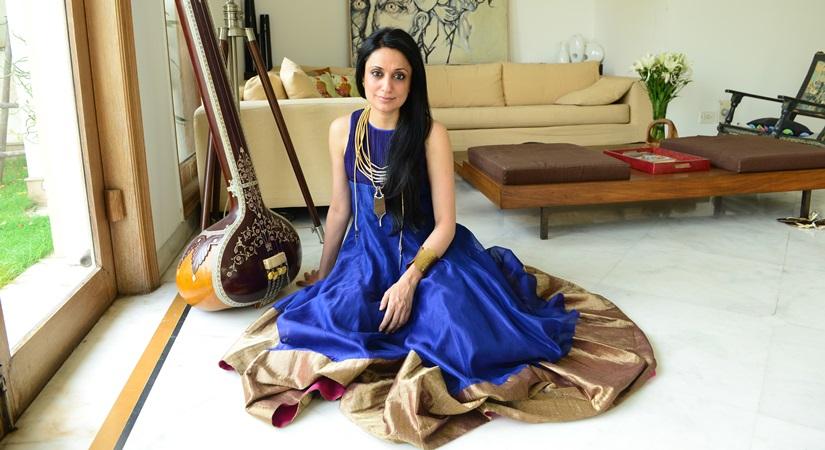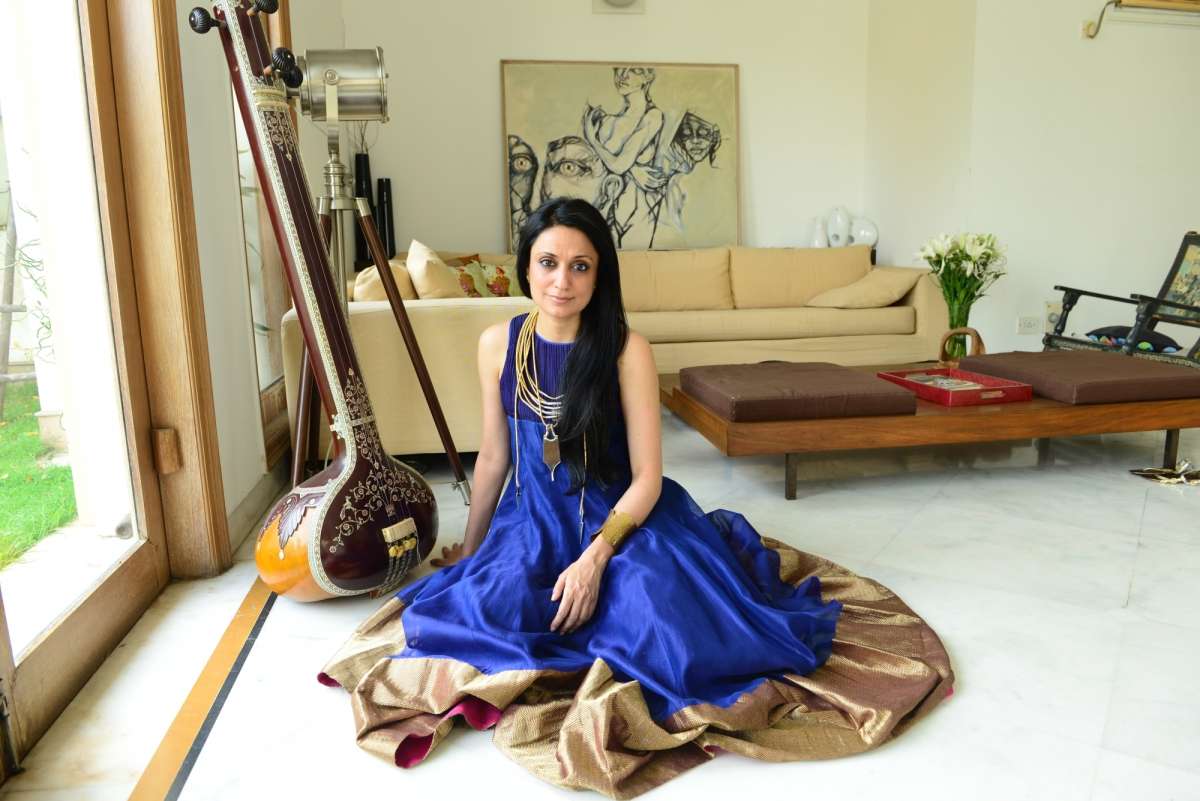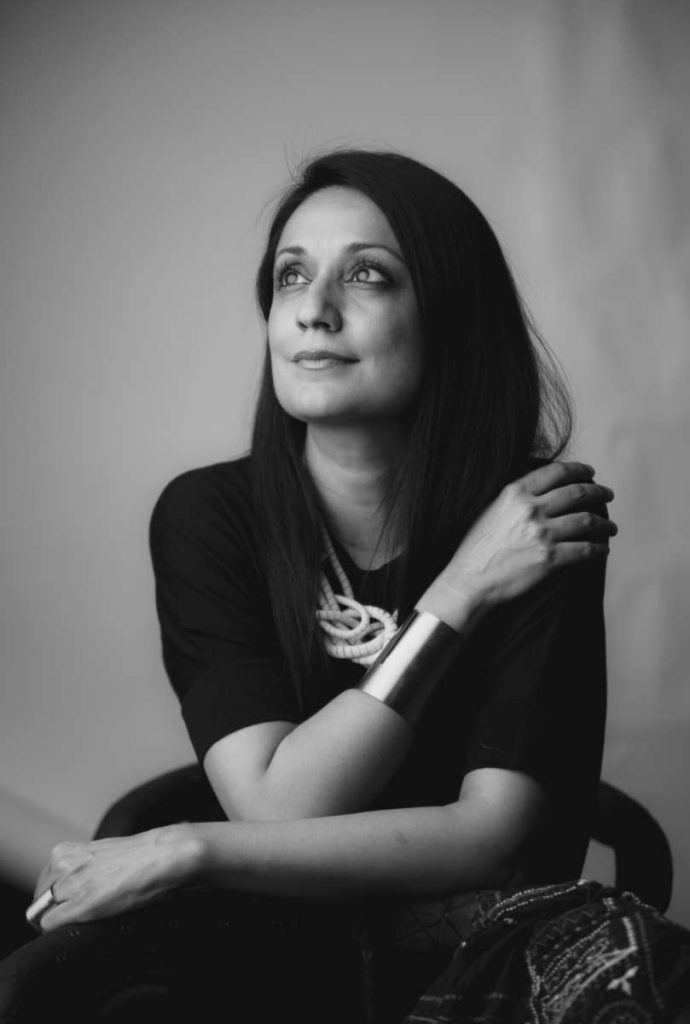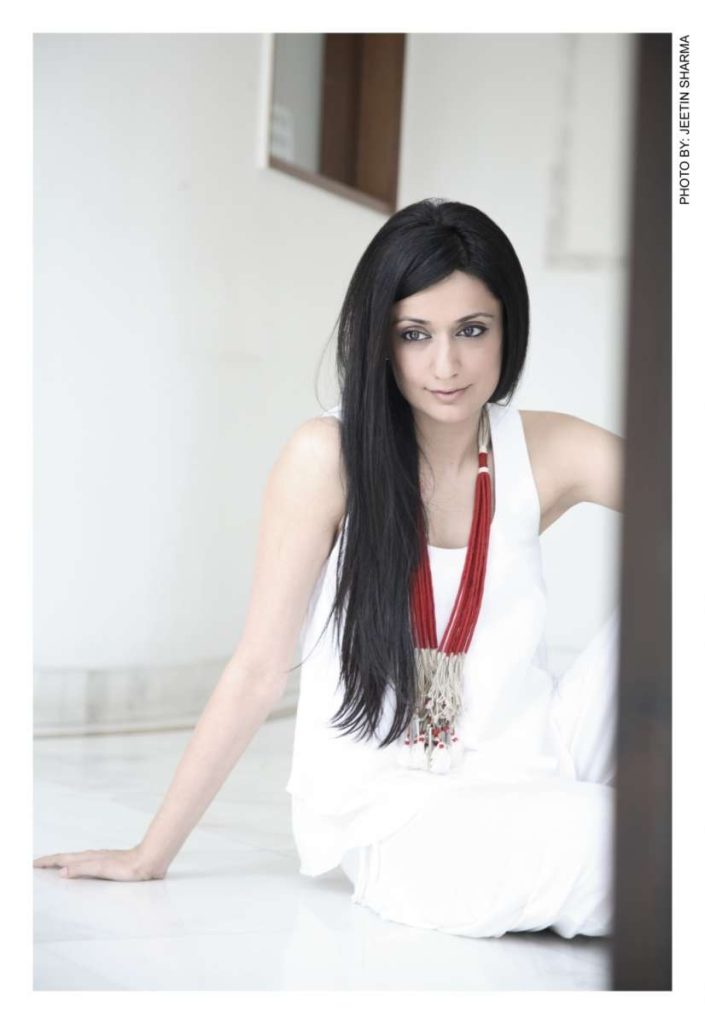The performance at NMACC will be a collection of well and lesser-known poetry of mystic poets as well as people who wrote about inclusion and finding faith, and God within…writes Sukant Deepak
Trained in both Hindustani classical and Western traditions of music including Gospel, Jazz, and Opera, Sonam Kalra, who is all set for HCL’s ‘Friday’s Sufi Magic’ and ‘Songs of the Sacred’ at the Nita Mukesh Ambani Cultural Centre (NMACC) on October 8, feels studying both traditions of music has been instrumental in ‘opening’ her mind and helping her approach music with a wider perspective.
“It has also allowed me to add the learnings from varied styles to what I present. The same gives me the freedom to use the different colours and projections of my voice, phrase a song to my personal liking or interpret a piece differently using influences of both traditions,” she tells IANS.
For the HCL concert, she will present a more traditional Sufi set with the poetry of well-known poets like Bulleh Shah and Amir Khusrau in her own style and understanding of the kalaams.
The performance at NMACC will be a collection of well and lesser-known poetry of mystic poets as well as people who wrote about inclusion and finding faith, and God within.
“It is a prestigious venue and I am looking forward to performing there,” she adds.
Someone who was invited in 2022 to join the US Grammy Recording Academy as a voting member and has performed in over 30 countries at festivals and venues across the world including Sydney Opera House and Pyramids of Gaza, Kalra, she is known for constantly experimenting and incorporating elements from multiple genres in her music — like adding the recitation of Tagore’s ‘Where the Mind is Without Fear’ in her version of ‘Hum Dekhenge’.
Kalra smiles she would not have achieved in her journey what she has if she cared too much about what purists thought.
Stressing that art is a personal journey and the minute one lets voices from the outside colour personal judgment or tell what should or should not be done, one stops being true to yourself, she adds, “ For me, the only way to create art is to be true to yourself. We have to push the boundaries, experiment, make mistakes, and face the struggle to get to an end — which feels right.”
Admitting that despite multiple festivals and streaming platforms, things have not really improved for independent musicians, the musician feels what is really needed is an ecosystem that encourages artists, and that means involvement from both the private sector and governments.
“Of course, there are corporates like HCL that have been giving consistent patronage to the arts for the past 25 years.”
ALSO READ-NCPA’s Celebration of Indian Music




